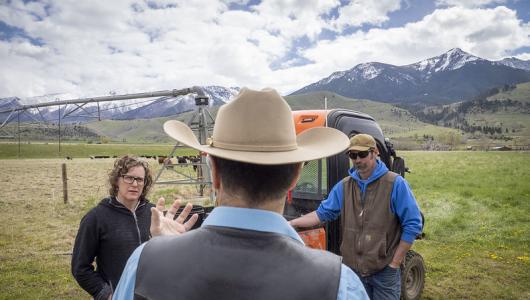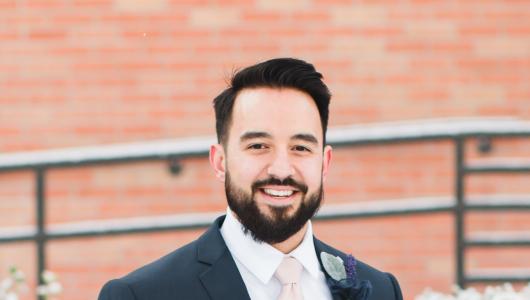This Friday meet Charlize Katzenbach, owner and operator of Sweet Sourland Farms in Hopewell, New Jersey. Tucked within the Sourland Mountain region, Charlize and her wife, Bru, have a diverse operation, including a thriving maple syrup business, a pine lumber mill, and the recent addition of the rare heritage breed of Barbados Black Belly Sheep. At 73 years old, and after more than 45 years of farming, Charlize is still having "as much fun as a barrel of monkeys."
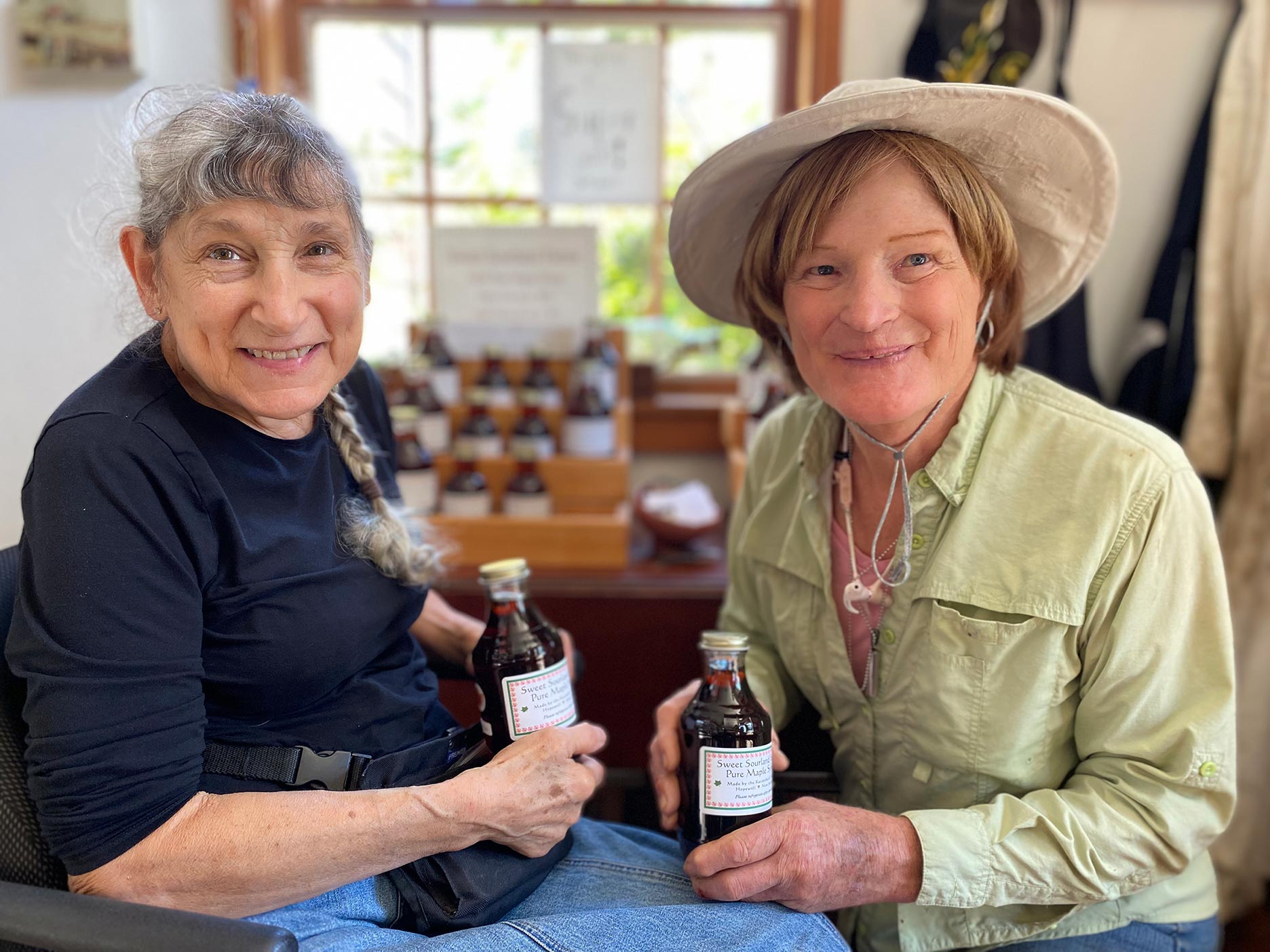
Starting Sweet Sourland
Charlize and Bru started Sweet Sourland Farms in 1984 when they sold their Pennsylvania farm and moved back to the pine tree-riddled land of Charlize’s childhood. After clearing much of it to create pasture for meat goats, their forester helped them realize an opportunity for their red and sugar maples. In 1989, the couple started producing syrup, with less than desirable results.
"We couldn't sell it," Charlize said. "Nobody wanted to buy our syrup because it was from New Jersey. They would say, 'I get my syrup from Vermont. They don’t make maple syrup in New Jersey.'"
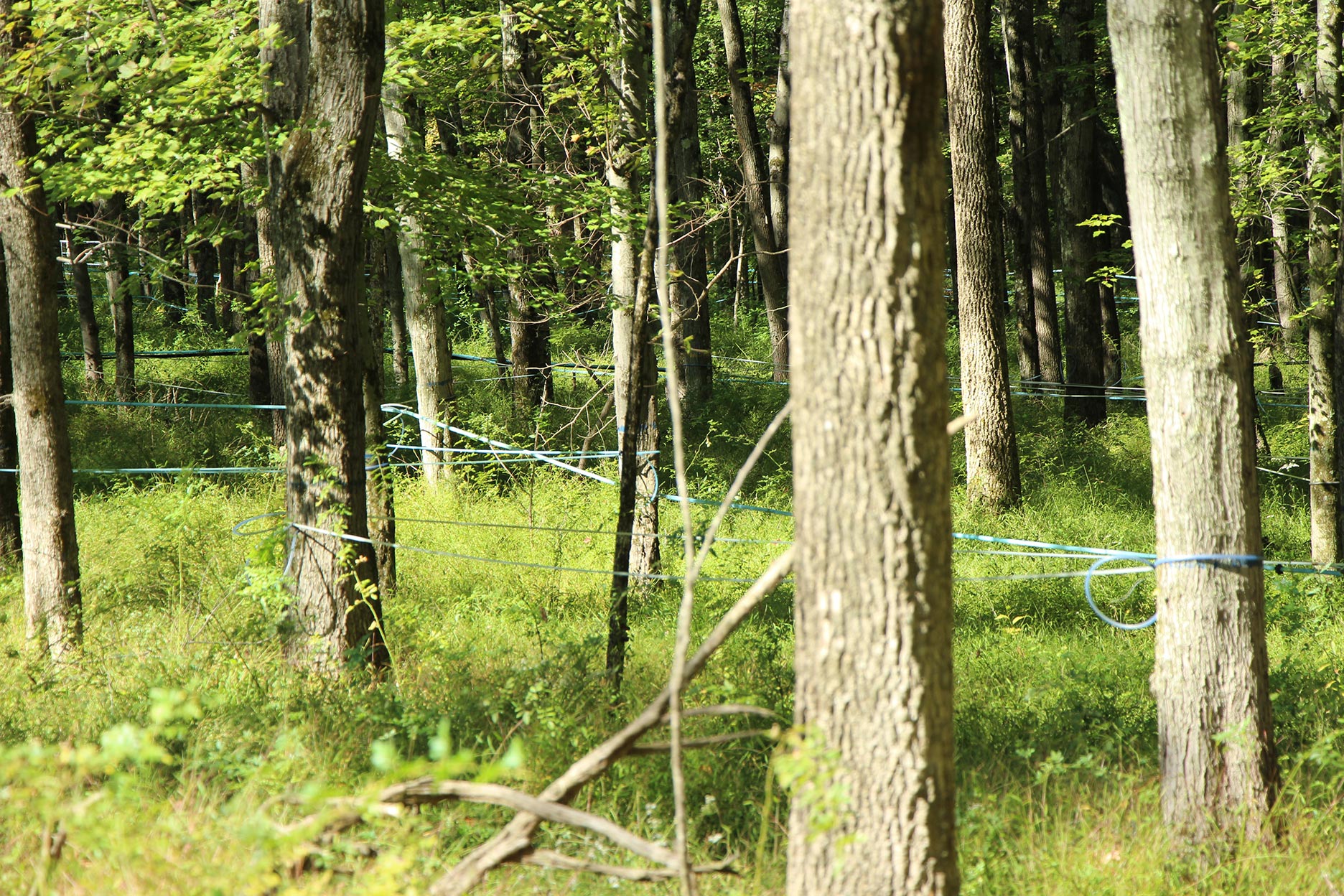
Over time, they’ve expanded their market and are currently sold out of the 120 gallons of Grade A, dark amber syrup they annually produce. Their syrup was named one of the "10 small batch syrups you need to try" by USA Today in 2020.
Working with USDA
Charlize credits some of their success to their partnership with USDA’s Farm Service Agency and Natural Resources Conservation Service.
FSA’s Emergency Conservation Program was critical for the Katzenbachs after Hurricane Sandy in 2012. They used the program to repair fences and rehabilitate their operation. Years later, when COVID-19 began affecting farmers' finances, USDA announced the Coronavirus Food Assistance Program through FSA to help producers who faced pandemic related market disruptions. Charlize and Bru got relief for Sweet Sourland Farms from Coronavirus Food Assistance Program 2, which is part of USDA’s broader Pandemic Assistance for Producers initiative to help producers offset pandemic related losses.
NRCS supported the Katzenbachs in their decision to purchase a Reverse Osmosis machine to save energy and improve syrup production. "The syrup operation was by far the biggest energy-user on the farm," said Charlize, "because we have a vacuum pump going 24 hours a day. We used to burn 4 to 5 cords of wood a year. Now we're burning less than half of that and producing twice as much syrup. We used to have to boil 60 gallons of sap to make one gallon of syrup, and now with the machine, we are only using 15 gallons to make one gallon of syrup."
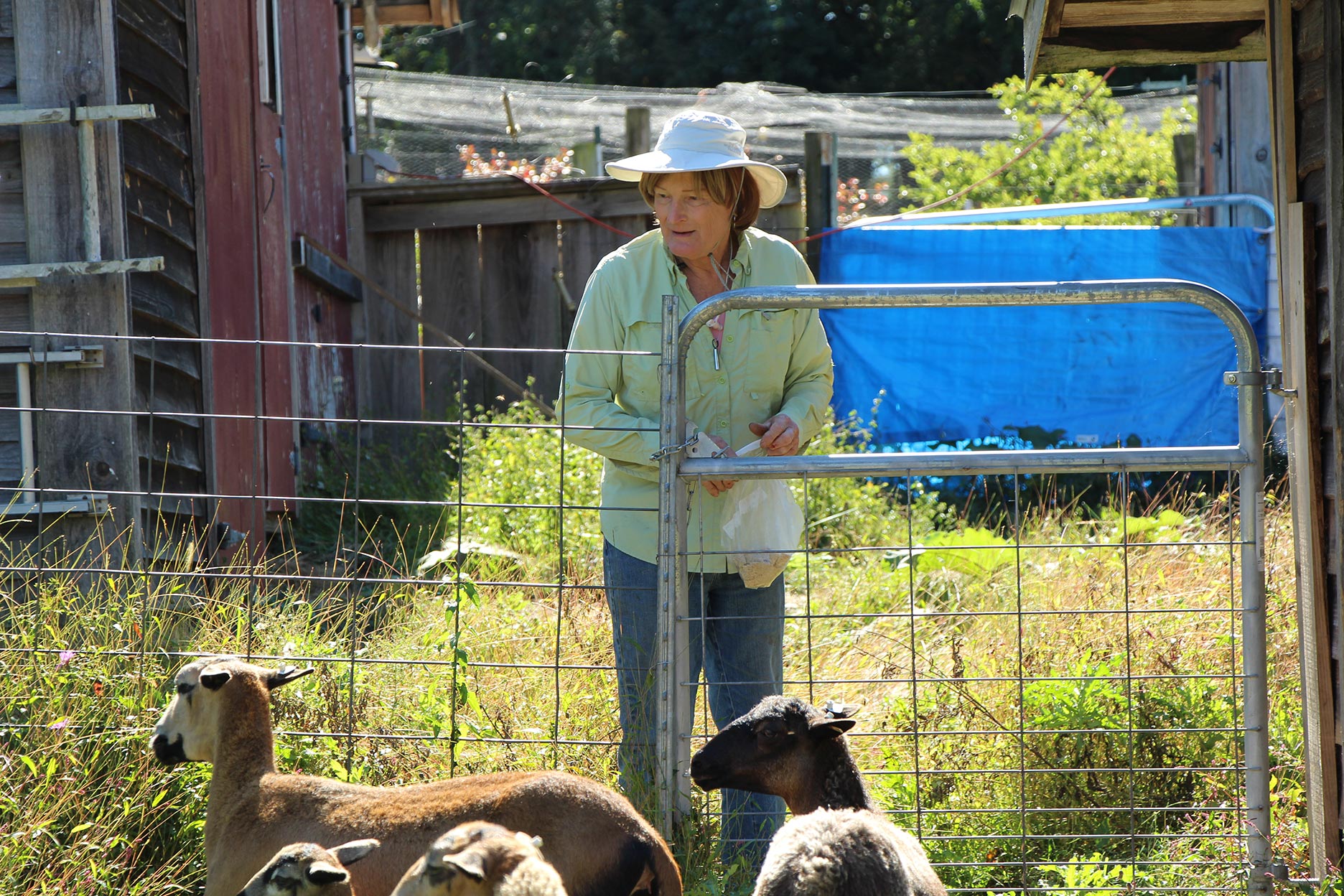
Charlize and Bru worked with NRCS to plant over 100 sugar maple trees that produced sap with 8% sugar, significantly more than average. NRCS has also helped implement conservation practices for their meat goats, which were replaced with the Barbados Black Belly Sheep they now plan to breed and sell.
"NRCS has really been involved in helping us with our land in general," Charlize said.
This included a prescribed grazing plan, division fencing, water hydrants for animals, pasture management, and installing a lined waterway. USDA's commitment to supporting farmers and landowners with voluntary conservation efforts to mitigate climate change is a priority for the Katzenbachs, who actively consider the impacts of their management decisions.
"There's a lot of fear involved," said Charlize, reflecting on the impacts of climate change. "[Humans are] scared and we don't want to change. But I'm all for it. I'll do what I can to keep things going. I've realized that I cannot change the way that other people act. Period. I can change the way that I act, and I can do my best in my world."
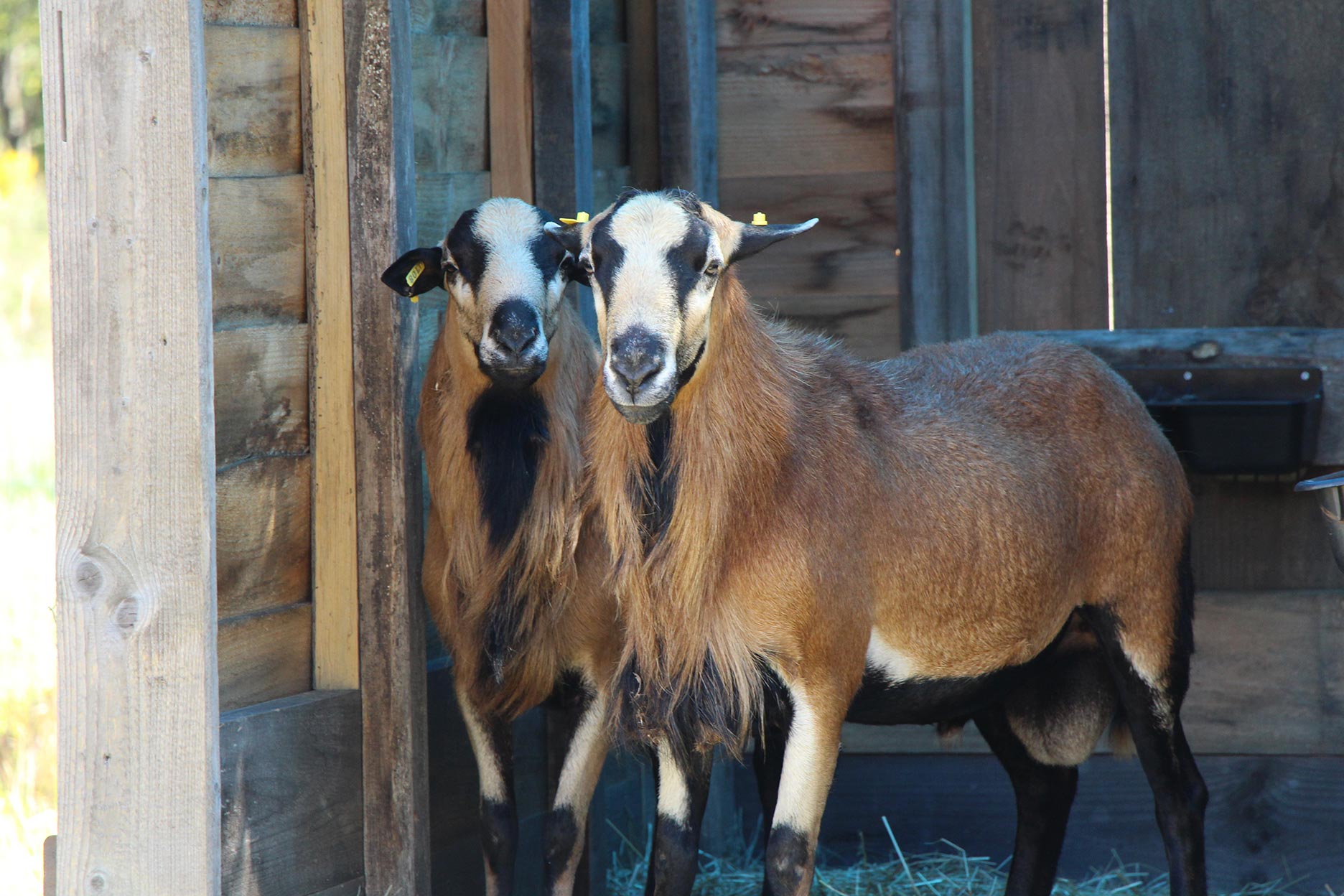
A Hopeful Outlook
This outlook is one Charlize – a trans woman – embodies both professionally and personally.
"People had trouble with it and I've had trouble with it," said Charlize, reflecting on her transition. "I remember the first time someone came down the driveway to buy syrup and I was outside as myself. My biggest inclination was to run into a barn and just hide, and just going out and saying 'Hi, can I help you' was really difficult. It takes a while to get past the paranoia of a lifetime."
After living in fear for much of her life, Charlize's biggest hope for other farmers going through something similar is to know they’re not alone.
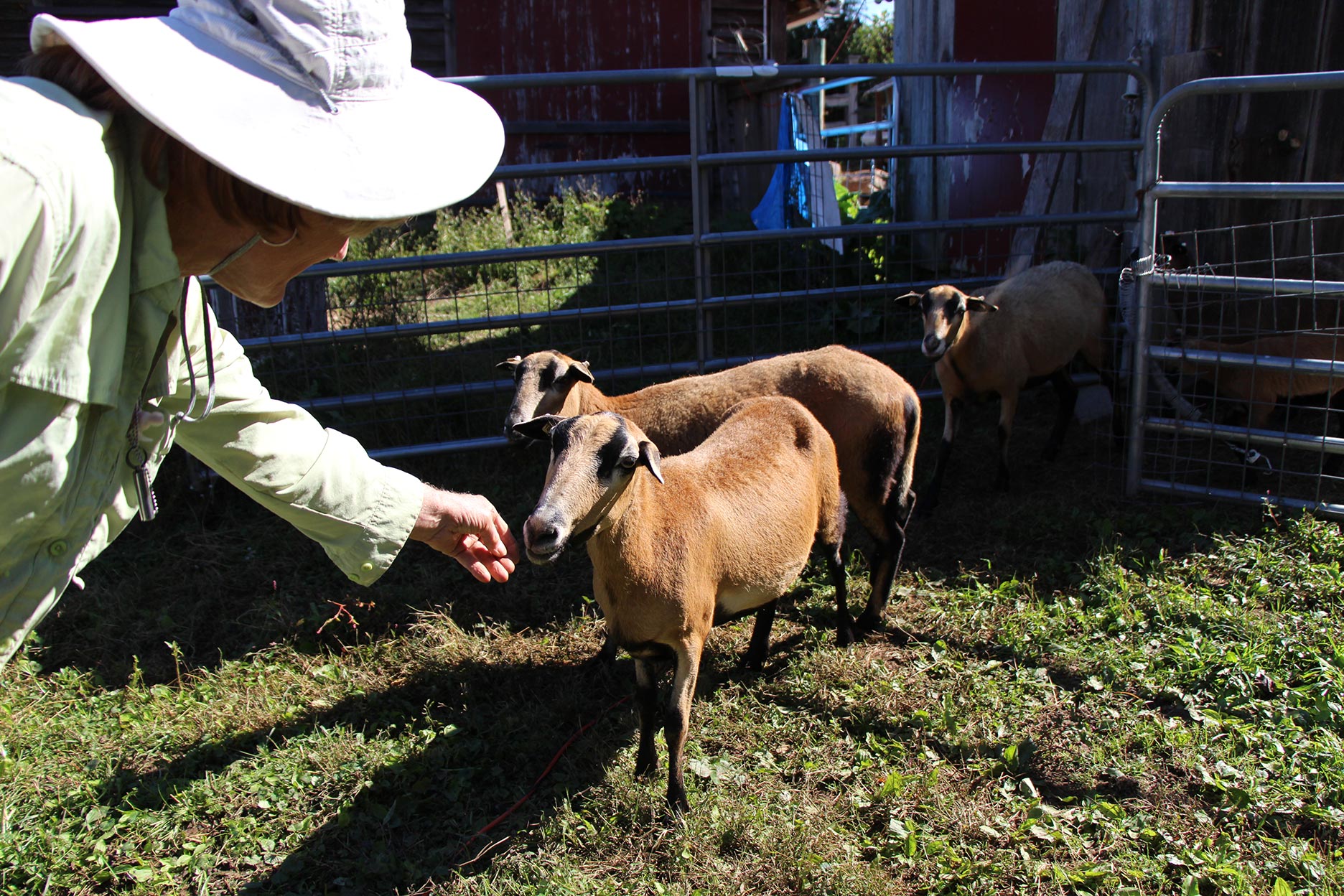
"You can do it," she said. "You can be yourself and farm. Being trans is no big deal. The more people who realize we do exist and are farmers like anybody else, and working like anybody else, the more people will be able to understand us and accept us. When I transitioned, I couldn't stop doing the things I loved to do, and farming is one of them. I loved to work the farm, and I still do."
More Information
Each Friday visit local farms, ranches, forests, and resource areas through our Fridays on the Farm stories. Meet farmers, producers and landowners who are working to improve their operations with USDA programs.
USDA offers a variety of risk management, disaster assistance, loan, and conservation programs to help agricultural producers in the United States weather ups and downs in the market and recover from natural disasters as well as invest in improvements to their operations. Learn about additional programs.
For more information about USDA programs and services, contact your local USDA service center.
Lauren Finnegan is a public affairs specialist for NRCS in New Jersey.

